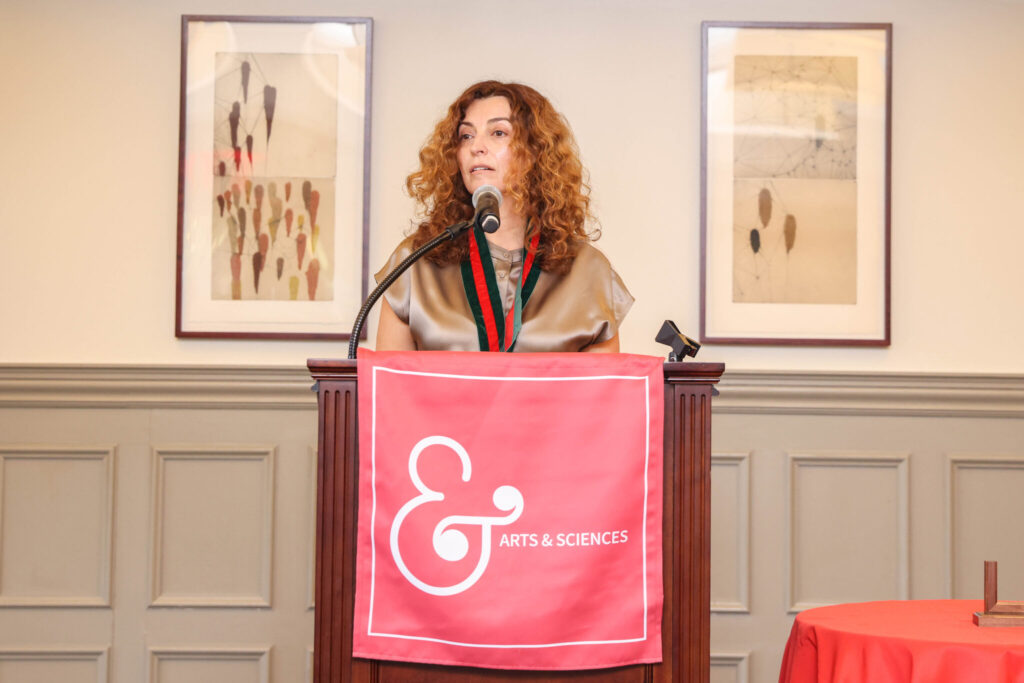Anca Parvulescu, the Liselotte Dieckmann Professor in Comparative Literature and a professor of English, both in Arts & Sciences, at Washington University in St. Louis, will serve as principal investigator for a $1.2 million grant exploring the history of comparatism and the origins of the comparative method.
The project is funded by the European Union, through a 2 1/2-year Next Generation grant, and is hosted by Babeș-Bolyai University in Cluj, Romania. Parvulescu’s team of 17 international scholars ranges from tenured faculty to doctoral candidates and postdoctoral fellows.
“We’re interested in how the comparative method develops on the margins of European empires,” said Parvulescu, author, with sociologist Manuela Boatcă, of “Creolizing the Modern: Transylvania Across Empires” (2022), which won awards from both the American Comparative Literature Association and the American Sociological Association.
Comparative literature is theoretically about multilingualism, but this ideal often gets filtered through imperial policy. We end up with a hierarchy that assumes the superiority of Western European literary traditions.
Parvulescu
While the ability to make comparisons is a fundamental aspect of human cognition, the comparative method represents a specific intellectual tradition, one that arose from 19th-century linguistics to shape a variety of disciplines across the humanities, sciences and social sciences.
Formerly part of the Austro-Hungarian Empire, Cluj (Kolozsvár in Hungarian and Klausenburg in German) is arguably the birthplace of comparative literature, thanks to the 1877 launch of Acta Comparationis Litterarum Universarum, a polyglot journal edited by Sámuel Brassai and Hugó Meltzl.
